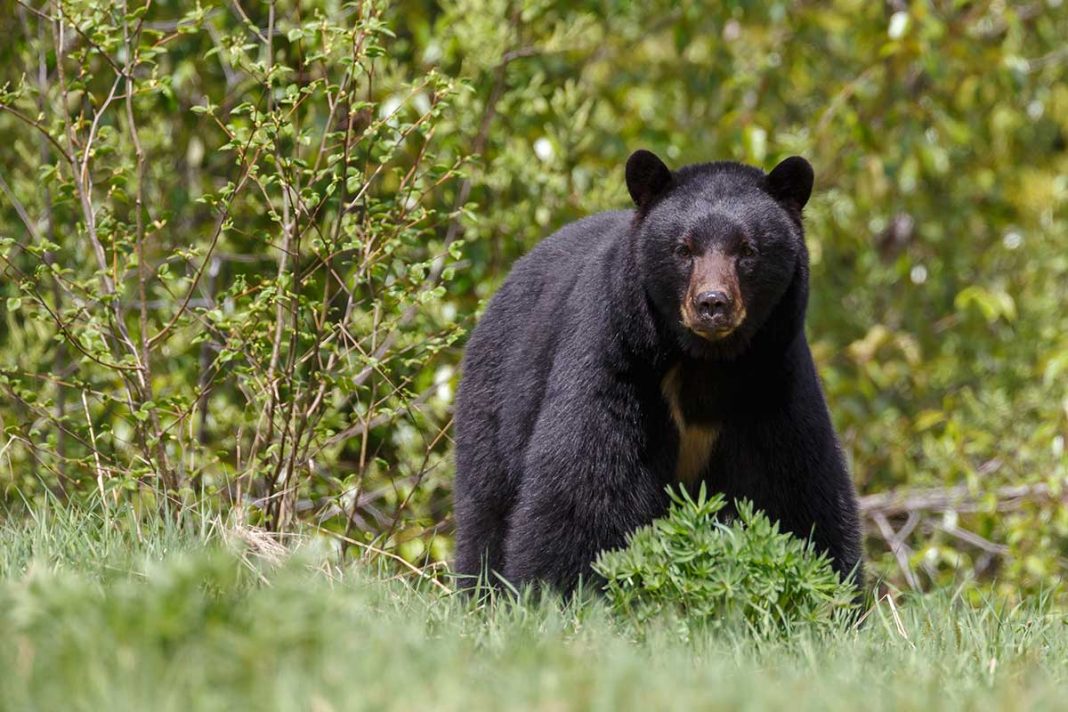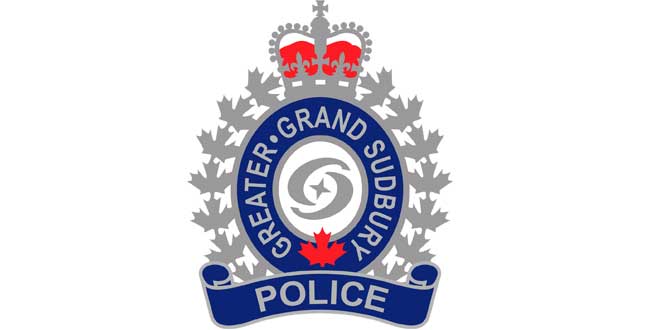ONTARIO – While welcoming the news that the Ontario government is proposing a full return of the spring bear hunt, the president of the Ontario Federation of Anglers and Hunters (OFAH) Zone D, which includes Manitoulin Island, says it is imperative that hunters in favour of this proposal make their feelings known to the government.
“Yes, it is good news, as long as hunters respond to the EBR (Environmental Bill of Rights) and not let the groups opposed to this proposal be the only ones that respond and make their opinions known,” stated Roy Polsky, president of the OFAH Zone D after a meeting last Saturday in Sudbury. “We gave each of the members at our meeting the EBR notice to put their comments in.”
Dr. Keith Munro, OFAH wildlife biologist told the Recorder, “it is very good news. This is what we’ve been working for since the spring bear hunt was first cancelled,” including a three-year legal battle trying to have it returned. “We have been keeping this in the forefront.”
“It looks like all that effort is paying off,” said Dr. Munro. “Now it is important that everyone who is in favour of the full return of the spring bear hunt get on the EBR and indicate this. “He said members of the public have until February 18 to have their comments in. He also pointed out 2020 marks the last year of a pilot spring bear program so the full return of the spring bear hunt would take place in 2021. He said the hunt is a very significant economic driver for the province.
Last Friday, John Yakabuski, Minister of Natural Resources and Forestry, announced the proposal and consultation to move to a return of the regular annual spring black bear hunting season.
In 2014, Ontario introduced a spring black bear hunting season pilot that supported sustainable hunting of black bears. The spring black bear hunting season pilot has continued each year since then.
“Ontario is home to a healthy bear population,” said Minister Yakabuski. “The province will continue to monitor black bear populations, harvest results and sustainability indicators to inform an annual review and ensure bear populations are managed sustainably.”
As part of the proposal, all protections for Ontario’s black bear population would remain in place. For example, it would remain illegal to harvest black bear cubs and females with cubs in the spring, a crime that carries a potential fine of up to $25,000 and up to one-year imprisonment.
In addition to this proposal, Ontario is also proposing to take action to support the long-term sustainability of the declining black bear population on the Bruce Peninsula by reducing the bear hunting season in this area.
The spring black bear hunting pilot has been well received by Northern communities and the tourism and hunting industries that support small businesses and jobs in Northern and rural Ontario. The proposal to implement a regular season was recommended by the Big Game Management Advisory Committee (BGMAC), which was formed in the spring of 2019.
“We are listening to the concerns of Northern Ontarians and the tourism industry that an ongoing pilot spring season creates economic uncertainty,” said Minister Yakabuski. “A regular, monitored spring bear hunting season would enable tourism outfitters and camp owners to better plan their operations for the entire year, while also allowing hunters to better plan their activities and support local businesses.”
The province is also proposing updates to black bear regulations: eliminating special black bear hunting opportunities for non-resident landowners and non-residents hunting with immediate relatives; and requiring people guiding resident bear hunters for commercial purposes to obtain a licence to provide black bear hunting services.
Since the cancellation in 1999, the OFAH has carried the torch in the push to fully restore a spring bear hunt by challenging the cancellation in court, keeping the issue a top priority when dealing with successive governments, and through relentless advocacy, a press release from the OFAH states.
“The spring bear hunt was always a sustainable wildlife management activity,” said Dr. Munro. “Nothing has changed in that regard since it was cancelled and today’s proposal is a final step towards correcting a long-standing mistake. In our view, it’s long overdue.”
In 2014, the fight to ensure the hunt started to pay off with the establishment of an Ontario spring bear hunting pilot project, which introduced a whole new generation of hunters to the value of spring bear hunting, and restored many of the wildlife management, social and economic benefits that were lost in 1999. The pilot, however, did not return the level of certainty needed to fully restore tourism benefits, or the hunting community’s trust that the government fully appreciates and recognizes the value of evidence-based sustainable wildlife management in Ontario.
“After more than two decades, we aren’t taking anything for granted,” said OFAH executive director Angelo Lombardo in a press release. “The OFAH will never back down on fighting for black bear management, including the full reinstatement and the future protection of Ontario’s spring bear hunt. The pilot has been great in demonstrating what we already knew about the benefits, but the full restoration has been our ultimate goal since 1999.”
The OFAH will call on the outdoors community to voice its support of spring bear hunting with the government. “Some hunters will respond with principled conviction for restoring a sustainable hunt solely for the broad social, economic and biological benefits it provides, while others will speak to their own personal experience in a hunt that helps them secure wholesome food, valuable hides and an opportunity to share time in the outdoors with family and friends,” said Dr. Munro. “It is these real stories from real people that will help us move past any lingering misconceptions and finally achieve a fully restored spring bear hunt across Ontario.”
The proposed changes are now available on the Environmental Registry at Ontario for public feedback until February 18, 2020.





